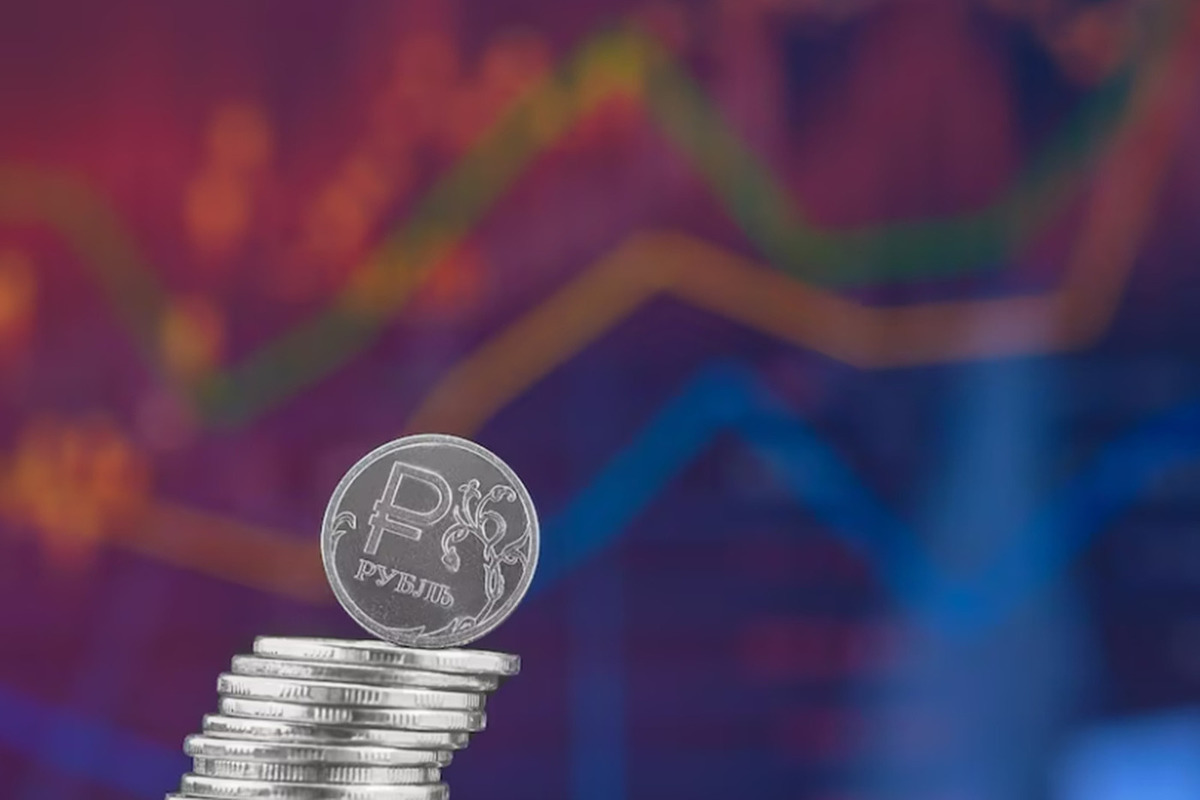The ruble is weakening for the benefit of the budget: the main paradox of the depreciation of the national currency is named
[ad_1]

“Gasoline rises in price not by hours, but by seconds”
The current interesting events related to the ruble have no mystical background: this is not at all in August. Yes, this is an eternally problematic month for the country, but the devaluation of the national currency has been going on continuously for 12 weeks out of the last 13, since the beginning of the year, the “wooden” month has weakened by 36%. And the fact that today the exchange rate goes off scale for 95 per dollar is just another, already countless manifestation of a bad pattern, which in Russia steadily bears the character of not so much a tragedy as a farce. In fact, words are superfluous here, since reality refutes and renders meaningless any statements of officials.
Nevertheless, in the context of what is happening, it is worth mentioning one of Anton Siluanov’s recent statements. The minister assured that the authorities, along with citizens and businesses, value the predictability of the course. “You will say that the budget is good from the weak ruble, we get more additional income. Yes, it is, – said the head of the Ministry of Finance. – But, on the other hand, we must take into account that the exchange rate affects inflation. And controlling the inflation rate is a priority issue for the government and the Central Bank, since it primarily affects the most vulnerable segments of the population.”
Well, the last thesis of the head of the Ministry of Finance is indisputable. As well as the fact that for a long time the course has not been so predictable in its trend towards a steady and irreversible weakening. In few places in the world, the exchange rate dynamics of national currencies has been worse since the beginning of the year – only in Venezuela, Syria, Argentina, Nigeria and Angola. In general, over the past 10 years – since the transition to a floating exchange rate regime and the so-called inflation targeting – the Russian currency has weakened by 2.7 times. And the trouble is that a cheap ruble is dangerous and toxic for a simple hard worker, whose wages in dollar terms are falling. Today, the gap between the average pre-tax salary in the US and Russia reaches about 6 times not in favor of the Russian Federation – $ 920-940 against $ 6180. In December 2013, it was 4.6 times.
As for annual inflation, it is clearly accelerating: in the last week of July, consumer prices rose by 4.42% yoy, according to data from the Ministry of Economic Development. That is, such is the official statistics, to which there are questions regarding representativeness. In this case, the calculations of the non-state research holding Romir are more credible: according to the dynamics of the FMCG deflator index, since mid-summer 2022, consumer goods have risen in price by 17%, and for the period from June 2021 to June 2023 – from 117 % to 192%. Today, Russians leave 50-70% more money at the cash registers of stores than a couple of years ago. Same or lower income. People feel inflation very clearly – through a dramatic drop in their purchasing power, as an indirect withdrawal of part of material wealth from their pockets. “Two months ago, a chicken in Magnit cost 120 rubles per kilogram, now it’s already 170, but according to the zombies, we are told about inflation of 4% of everything; gasoline is growing in price not even for hours, but for seconds, ”the Internet is full of such cries of the soul.
It is perfectly clear from regional news reports that absolutely everything is becoming more expensive – buckwheat, vegetables, meat, air tickets, cars, spare parts, foreign tourism services, gasoline, utilities (almost 14% in annual terms), passenger transportation. In general, the weakening of the ruble and inflation have the same roots: both trends are fueled by the costs incurred by manufacturers due to the loss of sales markets and access to foreign components and technologies, the disruption of supply chains, the difficulties of building them in the east, the rise in freight prices, insurance. However, it seems that in the situation with exchange rate dynamics, other equally significant factors are at work – subjective-administrative ones. For example, the decision of the Ministry of Finance to switch from August 7 from selling to buying foreign currency (it will allocate funds to this department in the amount of 40.5 billion rubles a month) within the framework of the budget rule. Theoretically, this step could have had a serious psychological impact on investors: it clearly shows that the monetary authorities will not make efforts to defend the positions of the ruble, they simply do not need it. Under the influence of such signals, the behavior of both financial structures, and exporters-importers, and the population is shaped.
Meanwhile, the state is not yet going to introduce currency restrictions or norms for the mandatory sale of currency extract, as it was in the spring of 2022. Whatever Siluanov says, treasury income is more important to him than price stability and the interests of ordinary people.
[ad_2]
Source link






